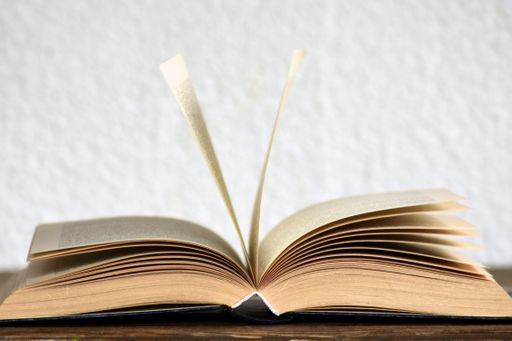Microsoft and OpenAI Sued for Copyright Infringement by Nonfiction Book Authors
Two nonfiction book authors have filed a class action complaint against Microsoft and OpenAI, accusing the defendants of stealing their copyrighted works to develop an artificial intelligence system. This lawsuit follows a similar complaint by The New York Times against the companies.

Authors Alleges Theft of Copyrighted Works
Two nonfiction book authors sued Microsoft and OpenAI in a would-be class action complaint alleging that the defendants “simply stole” the writers’ copyrighted works to help build a billion-dollar artificial intelligence system. The lawsuit, filed Friday in Manhattan federal court, comes more than a week after The New York Times sued Microsoft and OpenAI, which created the AI chatbot ChatGPT, in a similar copyright infringement complaint that alleges the companies used the newspaper’s content to train large language models.
Microsoft is an investor in and supplier to OpenAI. The new suit by authors Nicholas Basbanes and Nicholas Gage notes that on the heels of the Times’ suit, the defendants “publicly acknowledged that copyright owners like Plaintiffs must be compensated for Defendants’ use of their work.” The Times suit seeks “billions of dollars” in monetary damages.
Basbanes and Gage said in the suit that they seek to represent a class of writers “whose copyrighted work has been systematically pilfered by” Microsoft and OpenAI. “They’re no different than any other thief,” the suit says.
Claims for Damages and Class Action Status
The authors' lawsuit is filed on behalf of a class of writers in the US whose copyrighted works have been used by the defendants to train their large language models. The estimated size of the class is tens of thousands of people. The suit seeks damages of up to $150,000 for each infringed work. In September, a group of prominent American fiction writers filed a similar copyright infringement suit against OpenAI.
The plaintiffs' lawyer argues that the new suit covers a broader class of plaintiffs and should be designated as the lead class action claim. The lawyer compares OpenAI's use of copyrighted work without permission to a homeowner arguing that they shouldn't pay for hidden materials in a house.
The new lawsuit states that OpenAI's system relies on being trained by ingesting a massive amount of written material, including books written by the plaintiffs.
Response from OpenAI and Microsoft
OpenAI has issued a statement expressing its commitment to respecting the rights of content creators and owners. The company says it is working collaboratively with the New York Times and other publishers to find mutually beneficial ways to work together. Both Microsoft and OpenAI have not yet commented on the new lawsuit.
Nicholas Basbanes is a well-known author of books about books and collectors. Nicholas Gage is an investigative reporter and author. They seek to represent a class of writers whose works have been used without permission.
This is a breaking news story and will be updated as more information becomes available.


